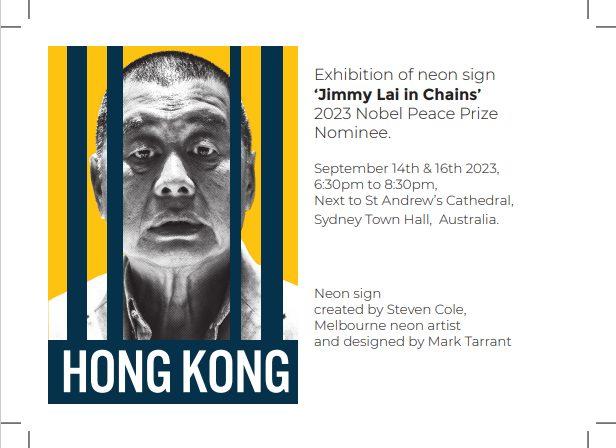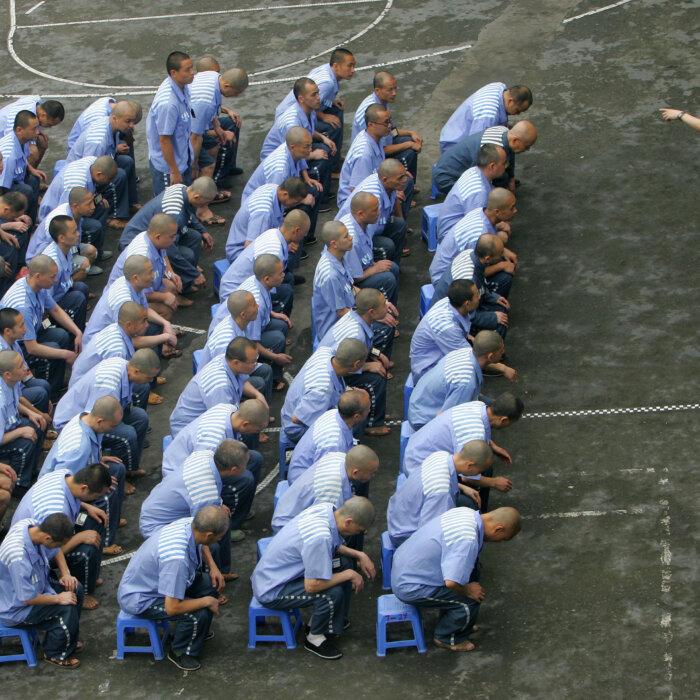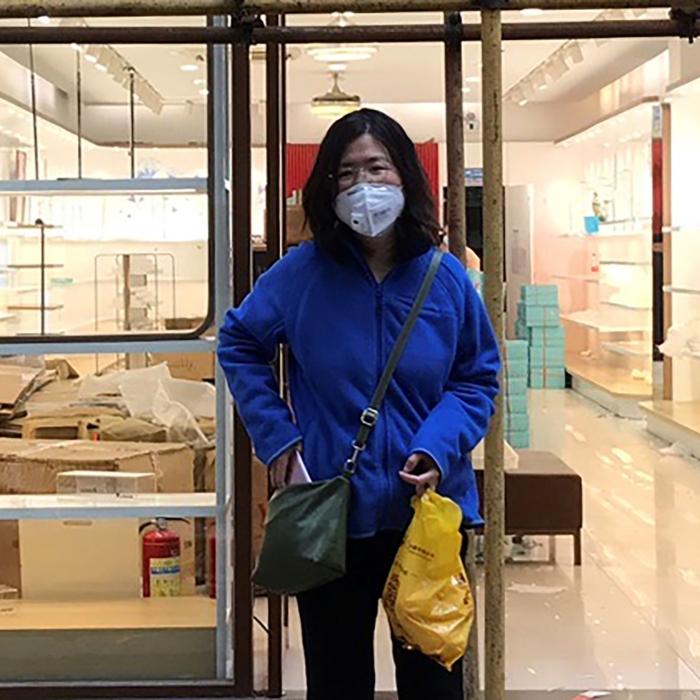China and Burma (also called Myanmar), along with Israel, have emerged as the most repressive countries toward journalists, according to the annual prison census from the Committee to Protect Journalists (CPJ).
Across the world, at least 361 journalists were incarcerated on Dec. 1, 2024, with more than 100 imprisoned in the past year.
The Chinese Communist Party (CCP) has again topped the ranking, with 50 reporters known to have been imprisoned by the regime—14 percent of the global total.
Burma has 35 journalists in its jails, accounting for 10 percent, while Vietnam has 16 (four percent).
Israel, a multiparty parliamentary democracy that rarely appeared in CPJ’s annual prison census before the 2023 start of the war in Gaza, appeared in second place last year as it tried to silence coverage from the occupied Palestinian territories, imprisoning 43 journalists (12 percent).
While the total is slightly below the record of 370 set in 2022, CPJ recorded unprecedented totals in several countries, including China, Israel, Tunisia, and Azerbaijan.
The Committee says the main drivers of journalist imprisonment in 2024 were ongoing authoritarian repression (China, Burma, Vietnam, Belarus, Russia), war (Israel, Russia), and political or economic instability (Egypt, Nicaragua, Bangladesh).
More than 60 percent (228) of the journalists in the census are imprisoned under a range of broad anti-state laws.
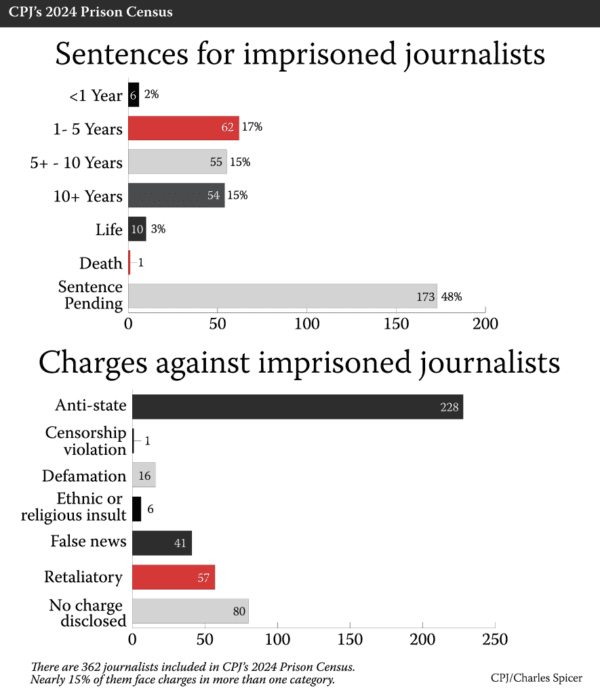
Authorities in numerous countries routinely violated due process procedures, including arbitrarily detaining members of the media even after they had served their sentences or unjustly holding them for extensive periods without trial.
Many of the journalists in CPJ’s 2024 census have been sentenced to spend lengthy periods in jail. Ten have been sentenced to life; one has been sentenced to death.
China
In China, it still remains unclear whether five of the seven Uyghur students arrested, along with their teacher Ilham Tohti, were released when the last of them completed their sentences more than two years ago.Tohti, founder of a Uyghur news site, has so far served more than 10 years of his life sentence.
Almost half of those detained by the CCP are members of the mostly Muslim Uyghur minority, while two are ethnic Kazakhs. Two Uyghur journalists from China’s northwestern region of Xinjiang—Qurban Mamut and Mirap Muhammad—appear for the first time in the 2024 census after CPJ research determined that their incarceration was linked to their work.
After he went missing in 2017, his son, Bahram Sintash, told CPJ that it took until 2022 to confirm that his father was alive and where he was imprisoned.
Muhammad, a blogger whose articles covered topics such as Uyghur and human rights issues, has been held in seclusion since his arrest in 2018 on accusations of “illegally providing intelligence to a foreign body.”
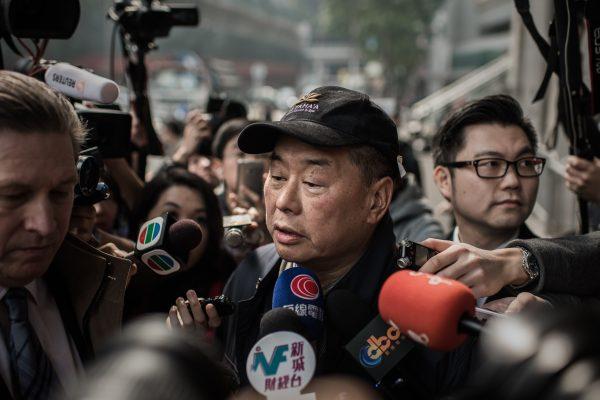
Trial delays are also used as a punitive measure.
In Hong Kong, media entrepreneur Jimmy Lai, who has been held since December 2020 on national security charges, which could see him jailed for life, has repeatedly had his trial postponed.
His son Sebastien told CPJ that prison conditions are “breaking” his father’s body, raising concerns about the prospect of the 77-year-old spending another summer in the harsh conditions and stifling heat of a Hong Kong prison.
In addition to Lai, six journalists and media executives from his now-defunct Apple Daily newspaper have spent more than three years behind bars as they await sentencing on charges of conspiring to collude with foreign powers.
Yang, a former Chinese diplomat turned pro-democracy blogger and political commentator, frequently posted on social media, expressing his opinions about U.S.-China relations, espionage, and political reform.
The Committee to Protect Journalists says the 50 people recorded as being behind bars in China are likely an undercount, “given Beijing’s pervasive censorship and mass surveillance that often leaves families too intimidated to talk about a relative’s arrest.
“Their circumstances are a stark reflection of China’s intolerance for independent voices.”

They were sentenced in November 2024 to seven and five years, respectively, on charges of espionage and “inciting subversion of state power.”
Burma
In Burma, Shin Daewe—denied legal representation during her trial by a secret military tribunal—last year received a life sentence on charges of illegal possession of an unregistered drone, a criminal offence under the country’s Anti-Terrorism Law. Her sentence has been reduced to 15 years as part of a broader prisoner amnesty in January 2025.All 35 journalists imprisoned in Burma at the time of the census had been taken into custody on anti-state allegations.
They are among more than 28,000 political prisoners detained since a 2021 military coup ousted a democratically elected government.
